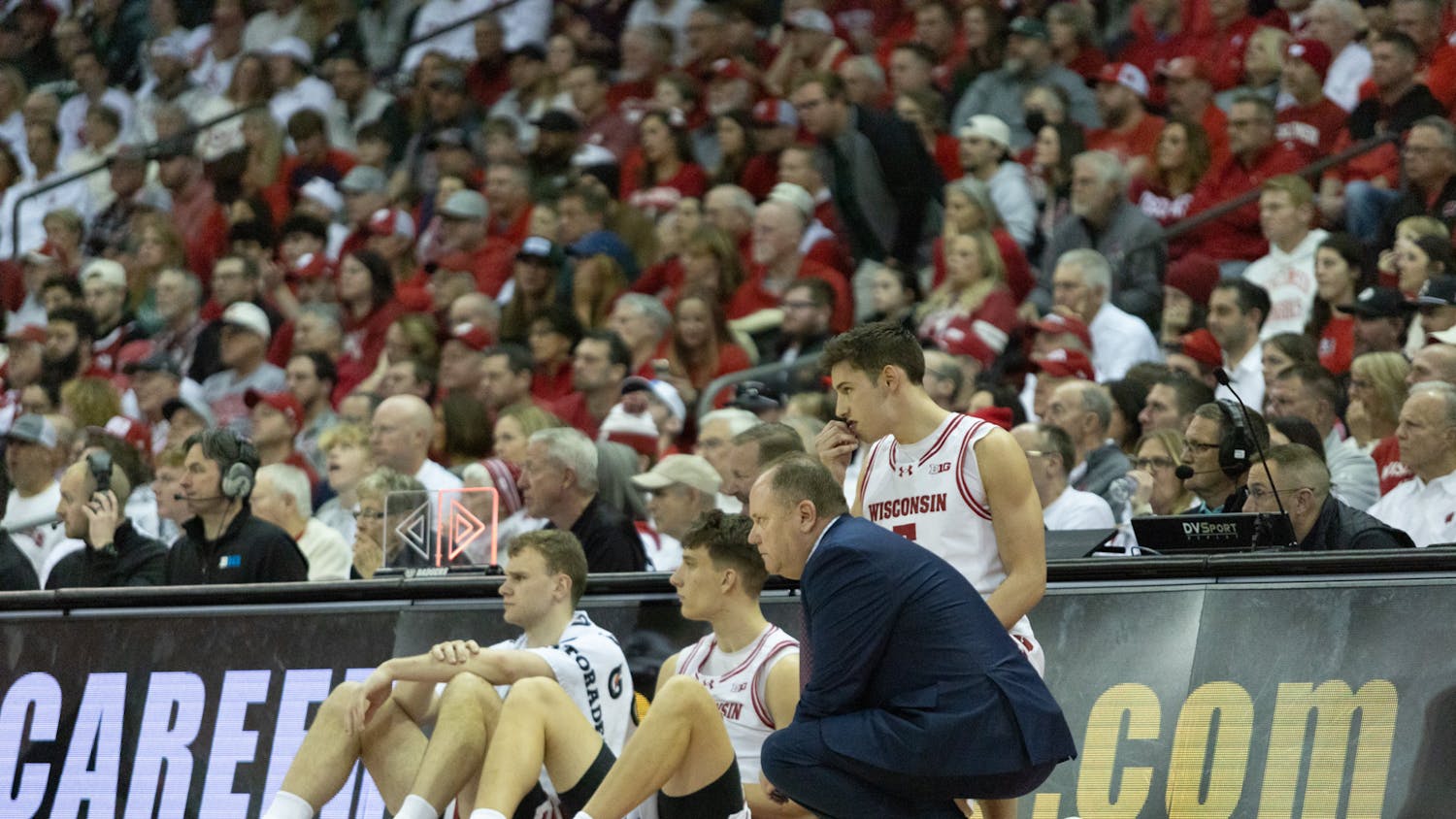Classical education, or a more traditional liberal arts curriculum, was the status quo for college students for decades. In recent years, however, fields of study associated with the arts and humanities have been challenged, while professional and STEM fields have yet to face the same scrutiny. This has been echoed in recent cuts made by the Trump administration to university funding, which has had a major impact on the humanities and social sciences budget here at the University of Wisconsin-Madison.
Clearly, both the university and students struggle to see the value in liberal arts, and it’s not hard to imagine why this is the case — a degree in finance or mechanical engineering has apparent and easily definable skill sets in a given career. However, many students have overlooked or simply haven’t been informed of the plethora of benefits and abilities a degree in liberal arts can produce. Comparative analysis, writing, discipline and a well-informed understanding of society as a whole sets those with a classical education apart.
Whether you’re a political science or psychology major, the work you’re often tasked with completing almost always involves analyzing and comparing differing arguments. The challenge of evaluating clashing social theories, historical accounts or interpretations of a text challenge students in the arts and humanities to read critically and develop a well informed opinion that is defendable. Peters Stearns, a writer for the American Historical Society, said studying a humanities field like history “provides opportunities to engage in debate and achieve perspective," a useful skill in any career.
A quick personal aside before we delve deeper into why the ability to read well and frequently (as most liberal arts majors can) is important. While being interviewed for a job as a tutor for the MCAT, my brother’s colleague was asked by an employer for the Princeton Review, “are you reading." The applicant gave a response that attempted to appeal to the position, listing medical research journals he had been trying to keep up to date with.
The interviewer then shot down this response, saying “No, I mean are you reading anything at all? Novels, short stories, I mean anything." But why should an MCAT tutor be a diligent reader? Because reading constantly expands one’s horizon of knowledge. This builds the discipline to learn new ideas and perspectives no matter what field or genre they belong to, constructing a well-informed and identifiably educated person. This goal is exactly what those teaching arts and humanities courses seek to achieve through their course work.
The primary way an arts or humanities course will assess a student’s knowledge is through writing, specifically essays. These assignments' aim is not to simply have students regurgitate the information they learned in lecture or through readings, but to make a defendable hypothesis and introduce a new point of view. This goal is evident in the origin of the word essay, which comes from the middle-French word assai meaning “to test” or “to weigh."
This focused style of writing and expression makes a master wordsmith and speaker out of the classically educated student, traits any profession would keep their eyes out for. In an interview setting, someone with a humanities degree can easily detect the goal of an interviewer’s question and answer it both concisely and wholly.
Classical education builds discipline. The constant reading and mode of instruction requires students to stay focused on the task at hand and remain on top of things. Understanding Homer or Seneca isn’t easy. There’s no one answer as to why ‘The Iliad’ or ‘On the Happy Life’ is important and worth reading. We can’t ask Virgil why he wrote ‘The Aeneid.' The job of the classically educated student is to figure that out for themselves and explain how they got to that conclusion. These tasks breed creativity. They make liberal arts majors more apt to come up with new and challenging ideas built upon discipline.
But allow me to step off of my soap box for a moment and provide you with expert opinions on how arts and humanities majors perform in professional settings. The Harvard Faculty of Arts and Sciences writes that “humanities concentrators are employed in a wide variety of occupations including arts & entertainment, business & finance, sales, leadership roles, and more." Furthermore, two years ago at Arizona State University, US News and World Report revealed that the major with the most amount of students hired to graduate internships was English. Clearly, jobs understand and appreciate the diverse skill set a classically educated student can bring to the table as an employee.
I want to finish up by stating a personal belief of mine that has been impressed upon me throughout my life: there is real beauty in studying the classics, arts, and social sciences that can’t be found anywhere else. Interpreting a plethora of real human accounts, each with their own unique perspective on the ways of the world, opens the door to a beautiful and equitable outlook on society. Gaining knowledge on the many ways in which people can express themselves shows the classically educated student just how thoughtful and eloquent human beings are. A classical education is freeing. It pushes you to create and contemplate the complexity of human creation, and that is something few other majors can offer.
Paul O’Gorman is a Junior studying history and political science. Do you agree that getting a liberal arts education is beneficial for all students? Send all comments to opinion@dailycardinal.com






